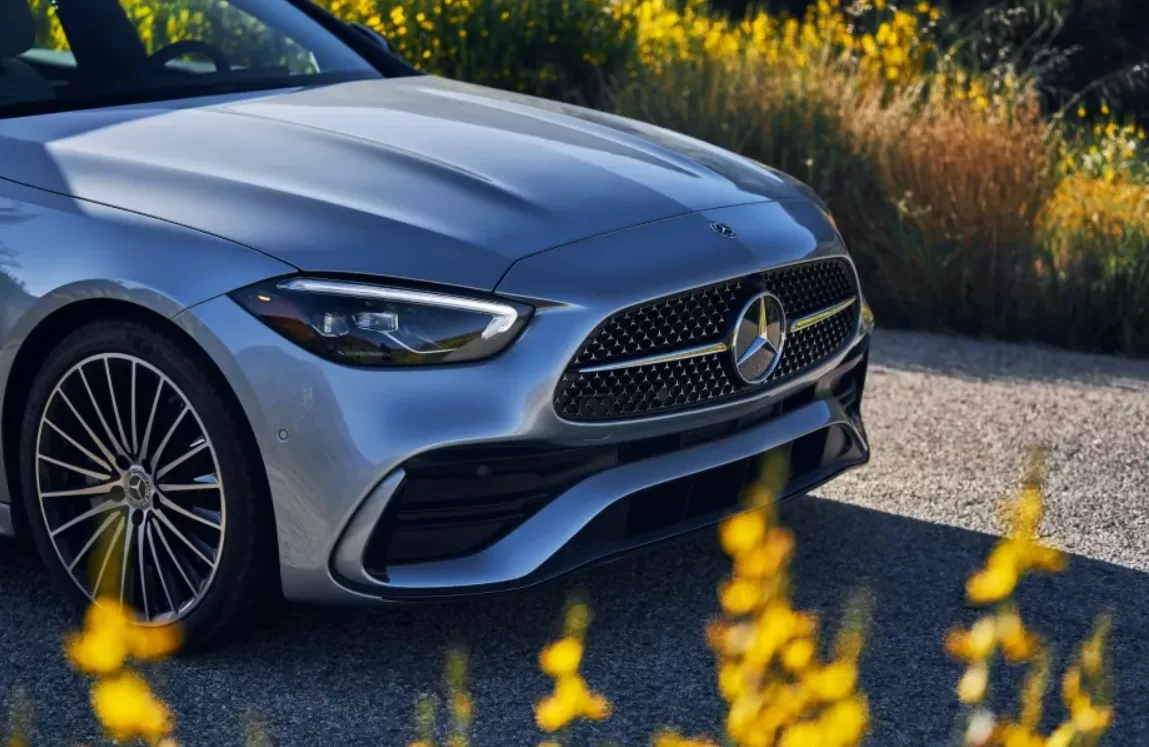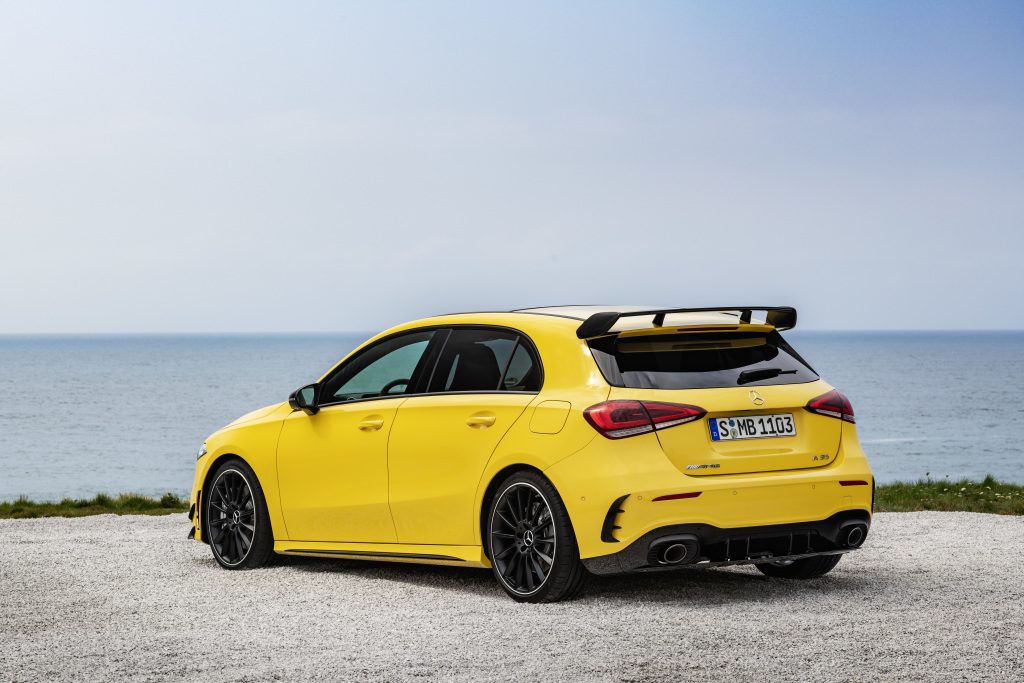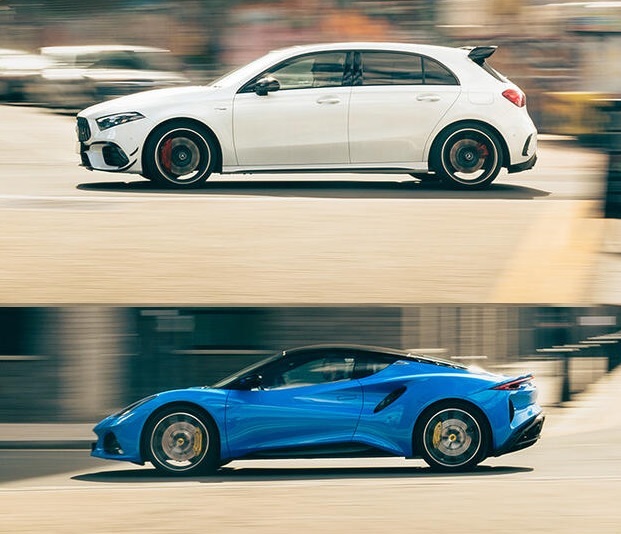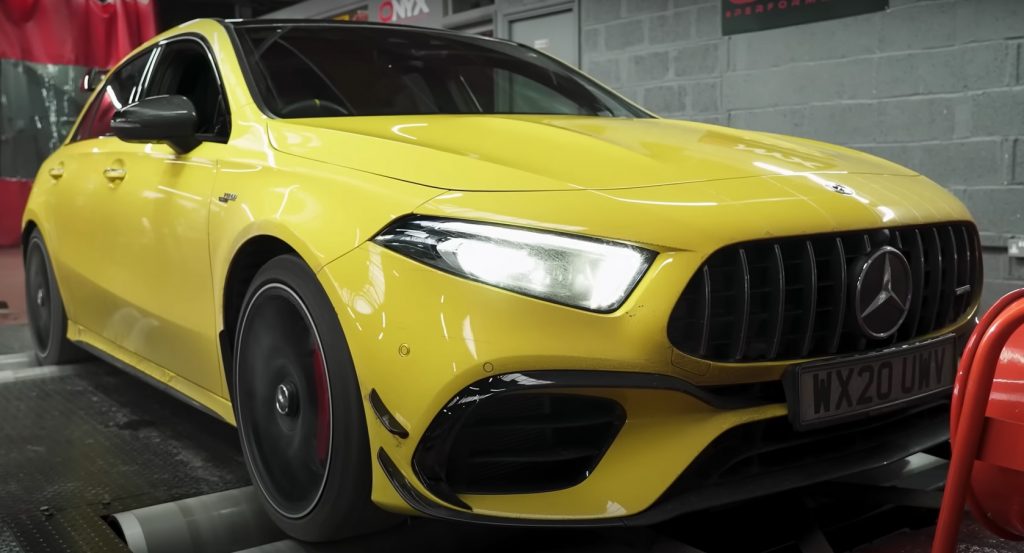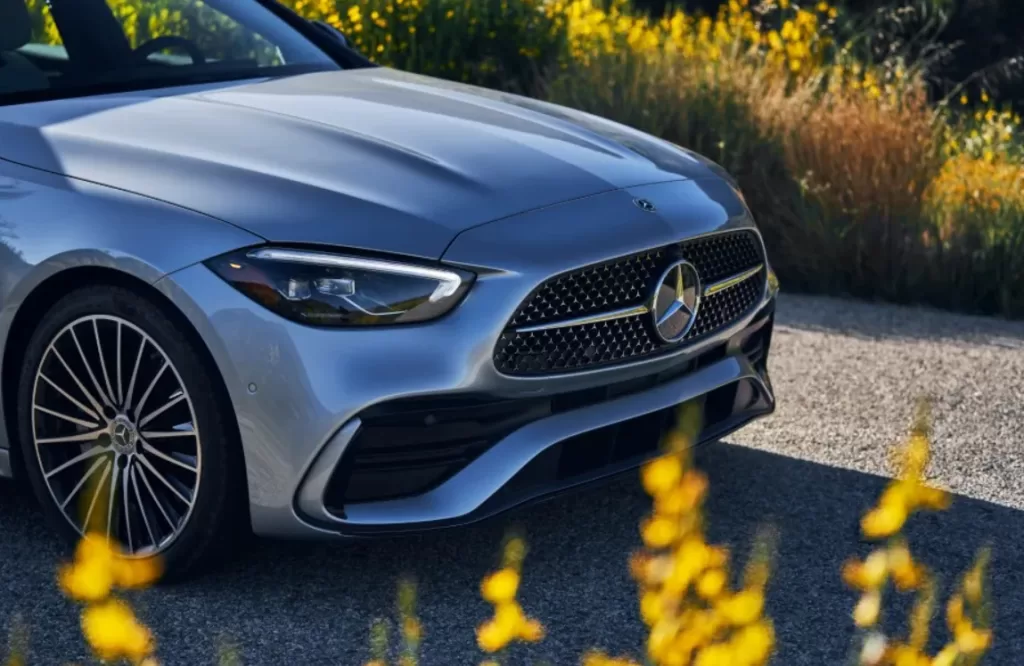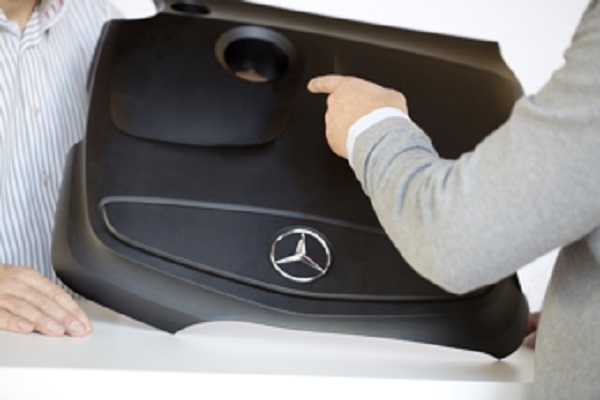
In a bid to become more environment-friendly without sacrificing product quality and vehicle safety, Mercedes-Benz decided to go for a new high-performance bio-based polyamide to make the new A-Class engine cover. The material from DSM mostly makes use of renewable resources, with raw materials derived from Ricinus communis, or the castor plant.
The compound will be used on the new A-Class turbo petrol variants, which means the covers have to be able to withstand over 200 degrees Celsius while retaining stability and without warping.
Polyamide 410 comes with vital properties like low moisture absorption, high crystallization rate, and a high melting point, and DSM bases its EcoPaXX engineering plastic on this polyamide. According to DSM’s publicity materials, EcoPaXX is fully green as 70 percent of the raw materials come from castor oil. The plant that produces castor oil can be grown even in less-than-ideal soil conditions, and it also does not intervene with the ecosystem’s food chain.
In addition, EcoPaXX is said to be 100% carbon-neutral; the carbon dioxide produced during the production of the material is offset completely by the castor beans’ absorbed carbon dioxide. That leads to practically zero carbon footprint.
“DSM launched EcoPaXX in 2009 in answer to increasing market demand for high performance durable bio-based engineering plastics,” says DSM’s EcoPaXX business manager Kees Tintel. However, this would mark the first time the line of engineering plastics would be used for high-volume mass-production.










